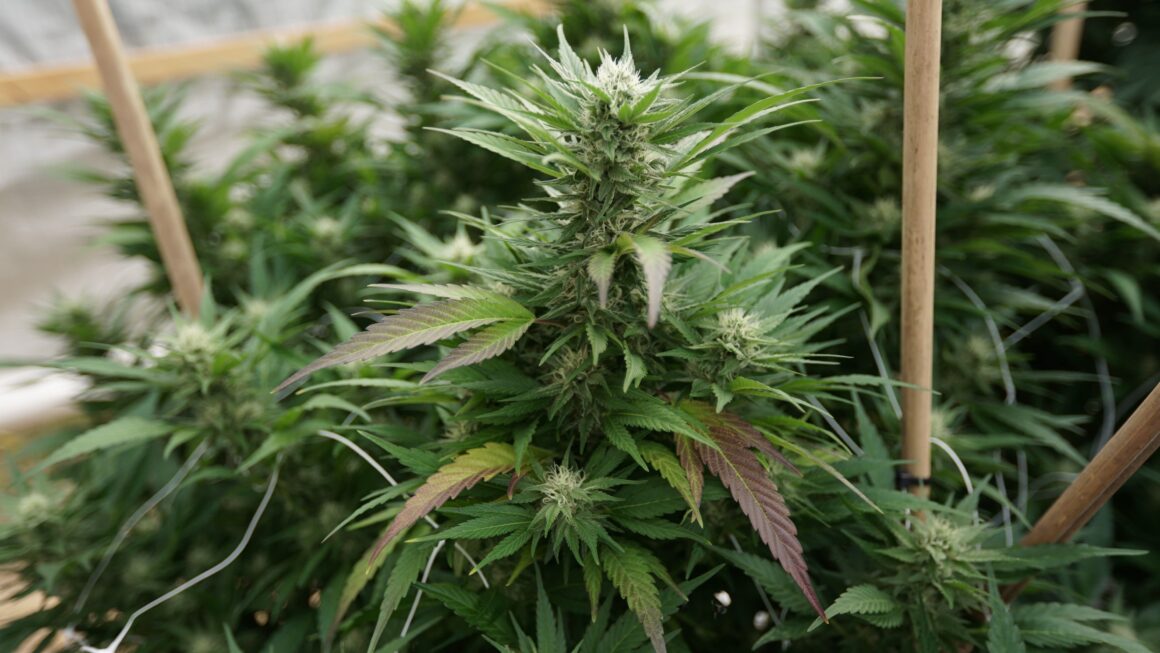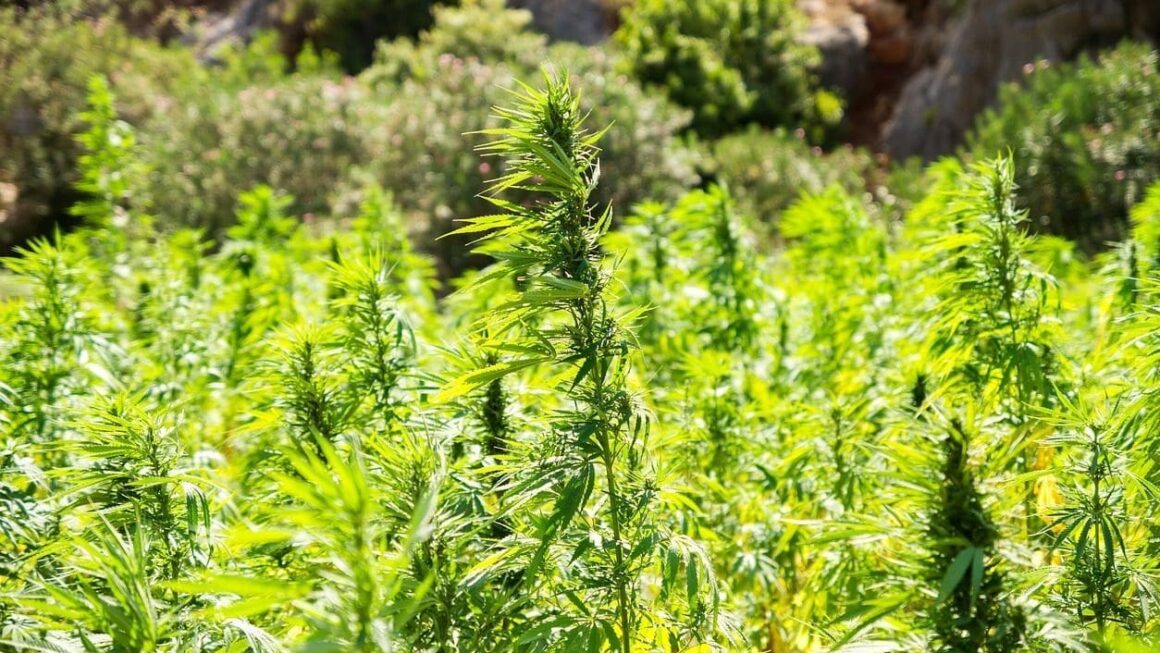Horrific images are reaching every corner of the world: police violence, chaos, and ever-growing rows of bodies. This is the situation in the favelas of Rio de Janeiro, Brazil, which is currently experiencing the largest police operation in its history, with more than 100 confirmed deaths.
In the early hours of Tuesday, October 28, the governor of the state of Rio de Janeiro, Cláudio Castro, authorized the deployment of 2,500 members of the Military and Civil Police. This operation was quickly labeled “the bloodiest in the city’s history,” with 64 deaths. Today, three days later, the official death toll has doubled to 121, and it is still not final; the Department of Protection of Citizens’ Rights reports this toll has climbed to 132.
The operation was planned for over two months following a year-long investigation, and culminated in the arrest of 81 members of the Comando Vermelho drug trafficking group, as reported by the New York Times.
The media is now flooded with nightmarish images: rows of bodies being mourned by their families, houses and cars consumed by fire, drones attacking police officers, dozens of young people herded like sheep, columns of smoke rising on the horizon… The city is on edge, divided between paramilitary and drug cartel control, amid barricades and crossfire that has already claimed an unknown number of civilian lives.
Drug traffickers and police in Brazil: A bit of context
The police operation aimed to dismantle Comando Vermelho, one of Brazil’s most prolific drug gangs, involved in both drug and arms trafficking. According to Argentine media outlet El Destape, this organization emerged in the late 1970s, initially focusing on crimes such as bank robberies and kidnappings of businesspeople and prominent figures, before shifting its focus to drug trafficking. By the 90s, Comando Vermelho controlled 90% of Rio’s favelas, but its power waned in subsequent decades. Nevertheless, it remains one of Brazil’s most dangerous criminal organizations, and its influence extends beyond the country’s borders.
This week, Rio de Janeiro’s Military Police launched a major operation against Comando Vermelho, aiming to capture its leaders and halt its expansion. It’s worth noting that Brazilian law enforcement already has a long history of dealing with these types of organizations with an approach that, as the BBC points out, is not particularly effective. The dozens of operations carried out in recent years have neither stopped the advance of drug trafficking influence in the favelas nor reclaimed areas under state protection. The outcome of the latest operation remains to be seen, but it has at least achieved part of its objective and managed to capture some leaders of the Comando.
More recently, Governor Castro and Ricardo Lewandowski, Minister of Justice, announced cooperation between federal and Rio de Janeiro state forces and the creation of a joint task force to combat organized crime. This last point was emphatically highlighted by Brazilian President Luiz Inácio Lula da Silva, who called for “coordinated work that attacks the root of drug trafficking without putting innocent police officers, children, and families at risk.”
A tug-of-war: Right versus left, iron fist versus human rights
For now, public entities both within and beyond Brazil have weighed in on the events. The UN was quick to express its horror at the brutality and to criticize the Brazilian police’s tendency to use violence against marginalized favela communities with scant regard for human rights. The organization also demanded an investigation into the matter.
Similarly, Human Rights Watch called the operation a “disaster” and a “tragedy,” and demanded a thorough investigation into the deaths. Likewise, Dani Monteiro, president of the Human Rights Commission of the Rio de Janeiro State Legislative Assembly, condemned the state’s actions as a “massacre” and demanded explanations for what could be “the greatest violation committed by the state in the history of Brazilian redemocratization.”
On the opposite end of the political spectrum, the events were celebrated by far-right figures. Flavio Bolsonaro, son of the former president, asserted that “there is no other way to seek freedom” and criticized Lula. In the Brazilian Congress, Bolsonaro supporters didn’t just celebrate; they went so far as to cut off the microphones of other legislators who were trying to express solidarity with the victims.
Thus, the conflict was marked by tension between Brazil’s political factions from the very beginning. The Bolsonaro-aligned governor of Rio de Janeiro state, responsible for the events, was quick to criticize the president, stating that he did not request assistance from the federal government because it had already been denied to him on three previous occasions. This was partially confirmed by the Minister of Justice, who asserted that they had not received any request for assistance (or permission) to carry out the operation, and even questioned its legality.
“Rio de Janeiro is completely alone in this fight today,” Castro stated at the time. “For a war like this, we should have much more support, perhaps even from the armed forces.” But according to the NYT, Lewandowski refuted these statements, highlighting several joint operations between state and federal forces against organized crime in recent years.
Nevertheless, this situation goes beyond the specific disagreements of two officials. It is impossible to accurately analyze the situation without considering factors such as Brazil’s violent history in dealing with drug cartels, or the persistent influence of the United States and its endless War on Drugs. On this last point, it is perhaps no coincidence that the tragic situation in Rio is occurring in parallel with Donald Trump‘s recent campaign against drug trafficking in Latin America.
However, it is worth noting that, while the violent “tough on crime” policies so favored by the right have consistently and decisively failed, governments that prioritize human rights in their rhetoric have not provided effective solutions either, at least in the case of Brazil. Criticisms of Lula’s government for being too lenient or inactive are not without merit, and the public is still waiting for any kind of meaningful change.
In Brazil, the situation is particularly bleak: the violence surrounding drug trafficking and the response from law enforcement have caused thousands of violent deaths and imprisonments over the decades. And this does not affect the entire population equally, with violence disproportionately affecting Black, brown and impoverished communities. The inherent racism in police actions, one of the pillars of the War on Drugs, is particularly evident. According to a 2023 study, this violence also translates into economic terms, costing Brazilians BRL 50 billion annually, equivalent to 0.77% of its GDP. Dozens of organizations have been demanding action from the State for years, but it has been unable to respond without resorting to the same recipe of institutional violence.





